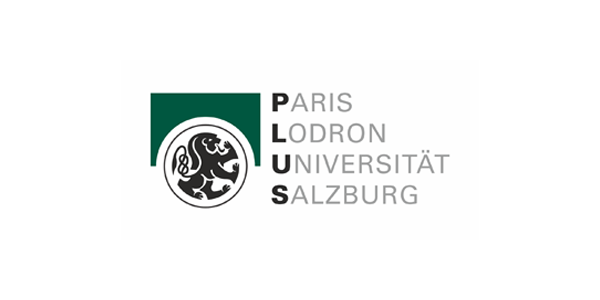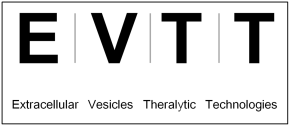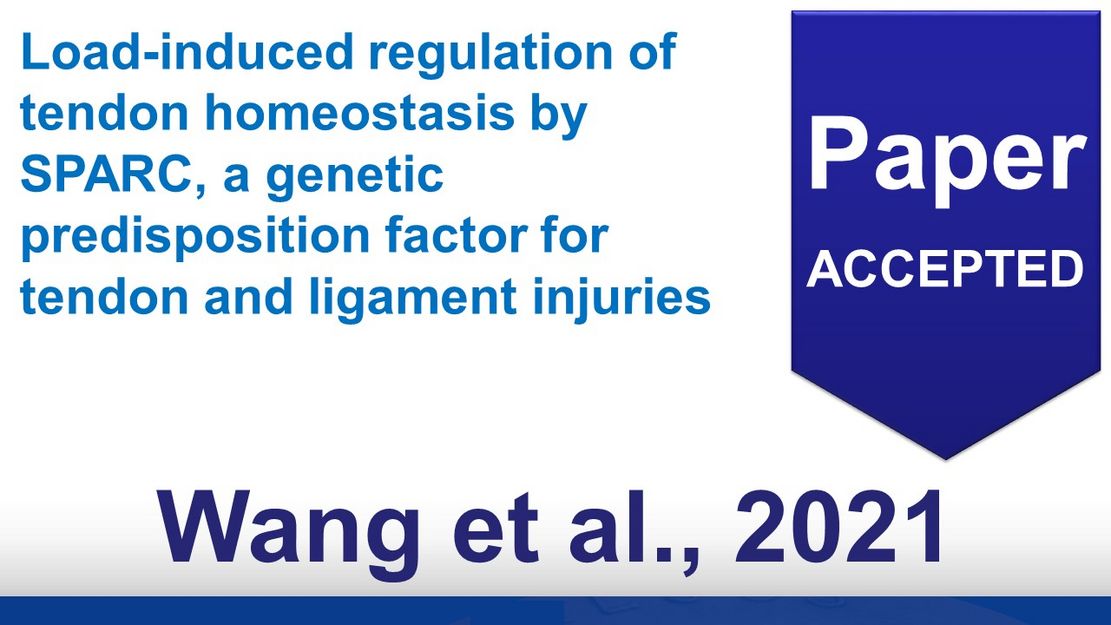Load-induced regulation of tendon homeostasis by SPARC, a genetic predisposition factor for tendon and ligament injuries
Tendons and tendon interfaces have a very limited regenerative capacity, rendering their injuries clinically challenging to resolve. Tendons sense muscle-mediated load; however, our knowledge on how loading affects tendon structure and functional adaption remains fragmentary. Here, we provide evidence that the matricellular protein secreted protein acidic and rich in cysteine (SPARC) is critically involved in the mechanobiology of tendons and is required for tissue maturation, homeostasis, and enthesis development. We show that tendon loading at the early postnatal stage leads to tissue hypotrophy and impaired maturation of Achilles tendon enthesis in Sparc−/− mice. Treadmill training revealed a higher prevalence of spontaneous tendon ruptures and a net catabolic adaptation in Sparc−/− mice. Tendon hypoplasia was attenuated in Sparc−/− mice in response to muscle unloading with botulinum toxin A. In vitro culture of Sparc−/− three-dimensional tendon constructs showed load-dependent impairment of ribosomal S6 kinase activation, resulting in reduced type I collagen synthesis. Further, functional calcium imaging revealed that lower stresses were required to trigger mechanically induced responses in Sparc−/− tendon fascicles. To underscore the clinical relevance of the findings, we further demonstrate that a missense mutation (p.Cys130Gln) in the follistatin-like domain of SPARC, which causes impaired protein secretion and type I collagen fibrillogenesis, is associated with tendon and ligament injuries in patients. Together, our results demonstrate that SPARC is a key extracellular matrix protein essential for load-induced tendon tissue maturation and homeostasis. [get the paper]










